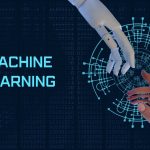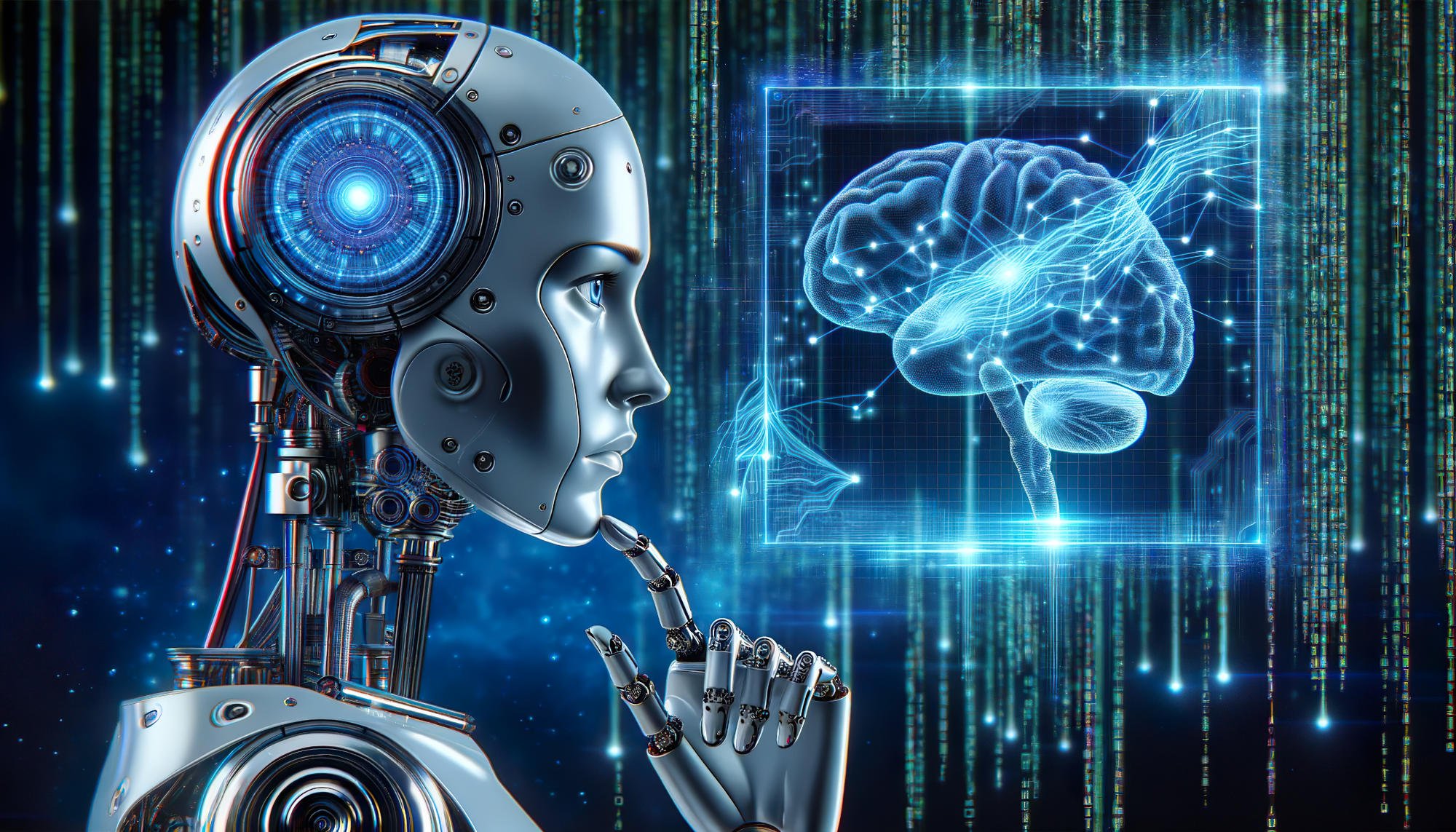Artificial Intelligence (AI) is a branch of computer science that aims to create intelligent agents, or systems, that can reason, learn, and act autonomously. It’s a field that has the potential to revolutionize various industries and aspects of human life.
Key Concepts in AI
- Machine Learning: A subset of AI that involves training algorithms on large datasets to make predictions or decisions.
- Deep Learning: A type of machine learning that uses artificial neural networks to process complex data.
- Natural Language Processing (NLP): The ability of computers to understand and process human language.
- Computer Vision: The ability of computers to interpret and understand visual information from the world.
Applications of AI
AI is being applied in a wide range of fields:
- Healthcare: AI is used for medical diagnosis, drug discovery, and personalized medicine.
- Finance: AI is used for fraud detection, algorithmic trading, and risk assessment.
- Autonomous Vehicles: AI powers self-driving cars and other autonomous vehicles.
- Customer Service: AI-powered chatbots and virtual assistants can provide customer support and answer queries.
- Entertainment: AI is used in game development, content creation, and recommendation systems.
The Future of AI
The future of AI is promising, with potential to address global challenges and improve our lives. However, it also raises ethical concerns, such as job displacement, bias, and privacy. It’s essential to develop AI responsibly and ethically to ensure its benefits are maximized and its risks are minimized.
As AI continues to advance, it is crucial to strike a balance between technological innovation and human values. By understanding the potential of AI and addressing its challenges, we can harness its power to create a better future for all.
Would you like to delve deeper into a specific aspect of AI, such as its ethical implications, potential risks, or future applications?










